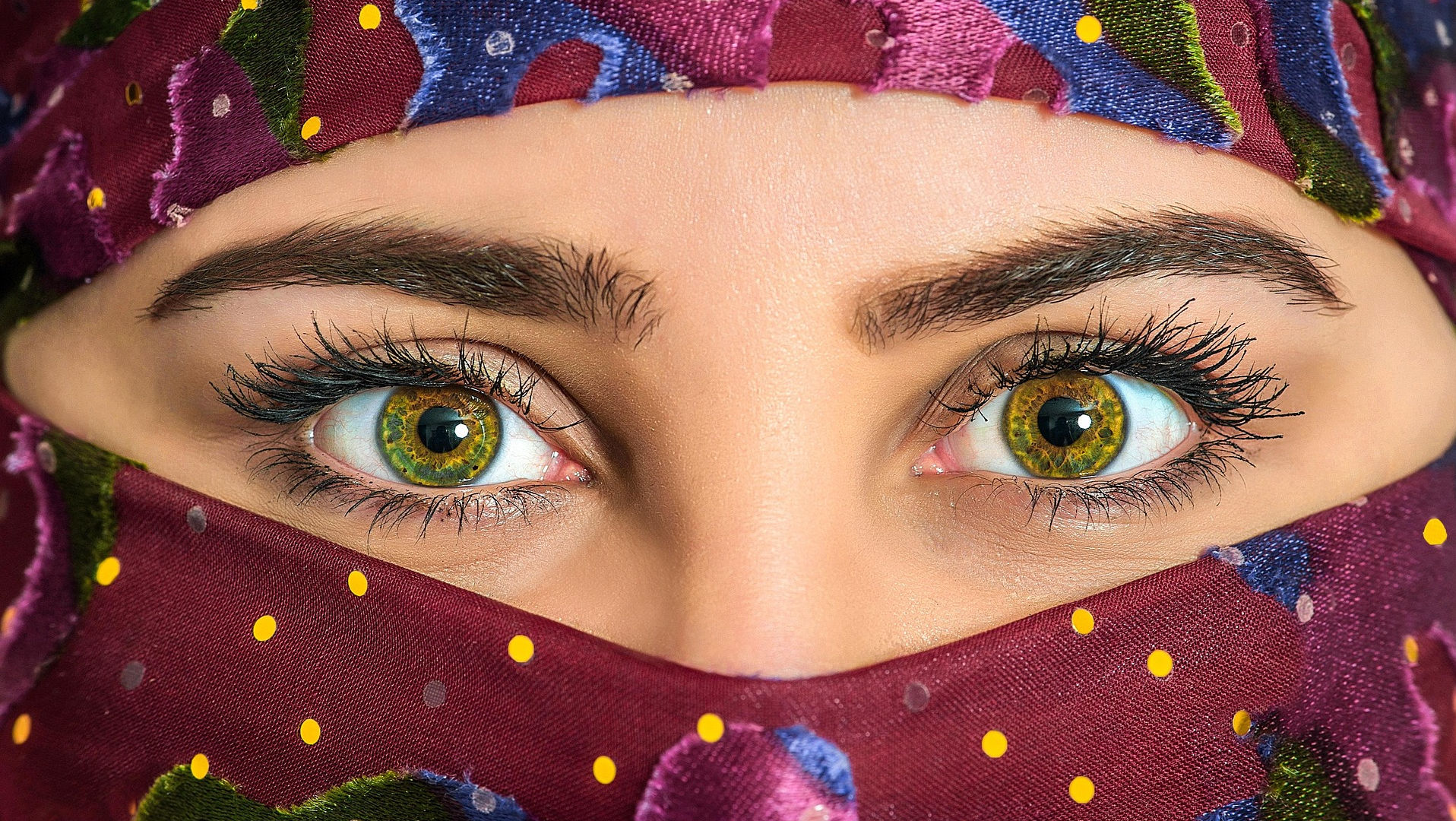Eye Care: Natural Remedies, OTC Options, and Healthy Habits
The eyes are often overlooked until problems arise, but maintaining good eye health should be a conscious, daily effort. Caring for your eyes not only helps prevent complications but also supports overall wellness. Eye care combines healthy habits, natural remedies, over-the-counter (OTC) treatments, and knowing when to seek professional help.
Common Causes of Eye Problems
Many eye issues arise from a few common causes:
- Eye strain from excessive screen time or poor lighting
- Exposure to UV rays without protection
- Dry environments leading to irritated eyes
- Allergies causing redness and watering
- Infections from poor hygiene with contact lenses or cosmetics
- Aging, which naturally impacts vision over time
Understanding these triggers can help you take proactive steps toward healthy vision.
Basic Tips and Guidelines for Eye Care
- Schedule regular eye exams to detect changes early, especially if you have diabetes or a family history of eye diseases.
- Use sufficient lighting when reading or working to prevent eye strain.
- Limit screen time and follow the 20-20-20 rule: every 20 minutes, look at something 20 feet away for 20 seconds.
- Avoid rubbing your eyes, which can irritate or introduce bacteria.
- Flush your eyes with clean running water if a foreign object enters them.
- Protect your eyes from the sun with sunglasses that block 99–100% of UVA and UVB rays.
- Stay hydrated to maintain tear production and eye moisture.
Natural Remedies for Common Eye Problems
Taking care of your eyes is easier than many people think. A combination of healthy habits, natural home remedies, smart over-the-counter (OTC) product choices, and knowing when to consult a professional can help you protect and enhance your vision for years to come. Treat your eyes with the care they deserve — after all, they're your window to the world!
Puffy Eyes
- Cold chamomile tea bags placed over the eyes help reduce swelling naturally.
- Cool cucumber slices applied to closed eyelids are rich in antioxidants and provide soothing relief.
- Grated raw potato poultice can ease inflammation and puffiness.
Black Eyes
- Apply ice packs immediately to minimize swelling and bruising.
- Use a warm compress after 48 hours to promote blood flow and healing.
- Eat foods rich in vitamin C, like oranges and strawberries, to support tissue repair.
Dry Eyes
- Consume a diet rich in vitamin A, including carrots, sweet potatoes, and leafy greens.
- Use OTC artificial tears to keep eyes lubricated (choose preservative-free options if used frequently).
- Apply evening primrose oil around the eyes to reduce dryness and inflammation.
- Run a humidifier to add moisture to dry indoor air.
Eye Allergies
- Apply chilled rose water drops to soothe irritated eyes.
- Use OTC antihistamine eye drops to block allergic reactions and reduce redness.
- Wear sunglasses outdoors to shield your eyes from pollen and dust.
Sore, Red, or Bloodshot Eyes
- Rinse eyes with cooled chamomile tea to reduce redness and calm irritation.
- Apply a cold compress to soothe soreness and constrict blood vessels.
- Use OTC lubricating eye drops (artificial tears) to refresh and rehydrate the eyes.
- Avoid redness-reducing drops for daily use; they can cause rebound redness if overused.
Over-the-Counter Remedies for Eye Care
- Artificial Tears: Provide immediate relief for dry eyes and irritation. Look for preservative-free versions for long-term use.
- Antihistamine Eye Drops: Combat itchy, watery eyes from allergies.
- Lubricating Gel or Ointments: Thicker than drops, perfect for overnight protection for severely dry eyes.
- Cold Compress Eye Masks: Relieve puffiness, migraines, or allergy symptoms.
- Vitamin Supplements: Formulas containing lutein, zeaxanthin, and omega-3 fatty acids promote long-term eye health.
When to Avoid Certain Remedies
- Avoid putting anything homemade directly into your eyes (like herbal extracts) unless approved by your doctor — contamination can lead to infections.
- Skip redness-reducing drops for chronic use because they can cause rebound redness and dependency.
- Be cautious with makeup near irritated eyes — eye makeup can introduce bacteria and worsen symptoms.
- Do not share eye products (eye drops, makeup, washcloths) to avoid spreading infections like conjunctivitis.
Everyday Lifestyle Tips for Better Eye Health
- Eat a colorful, antioxidant-rich diet — leafy greens, citrus fruits, fish rich in omega-3s, and carrots help nourish eye tissues.
- Wear UV-blocking sunglasses even on cloudy days to prevent cataracts and macular degeneration.
- Quit smoking — smoking increases your risk for cataracts and optic nerve damage.
- Get plenty of sleep — your eyes need downtime to replenish moisture and recover from daily stress.
- Practice good screen habits — position your monitor at eye level and take frequent breaks to prevent digital eye strain.
When to See a Doctor
- Sudden vision changes like blurred vision, double vision, or flashes of light, require immediate medical attention.
- Eye pain that persists longer than a day should be checked by an eye doctor.
- Severe redness or swelling accompanied by discharge may indicate an infection that needs prescription medication.
- Regular check-ups are crucial if you have diabetes, high blood pressure, or a family history of glaucoma or macular degeneration.


